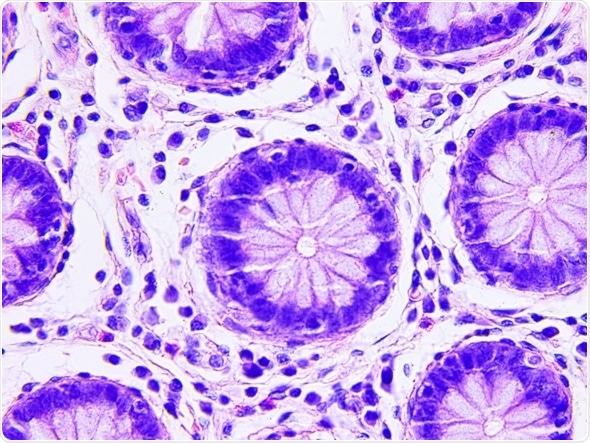
Research uses AMSBIO’s 3D organoid technology to develop mouse model of advanced colon cancer
AMSBIO reports on groundbreaking research by the Institute for Research in Biomedicine (IRB), Barcelona that cites use of its proprietary 3D organoid technology to develop a mouse model that mimics advanced human colon cancer. This model has allowed them to study the immune system response for the first time.

In a short space of time, therapies based on stimulating the immune system against cancer cells have become a powerful approach to treat cancers such as melanoma and lung cancer. However, to date, most colon tumors appeared to be unresponsive to this kind of therapy. In a newly published 6-year study, IRB Barcelona explains that the hormone TGF-beta is responsible for the “blindness” of the immune system to colon cancer cells. After development of the animal model, and confirming the similarity of the mouse tumors with those in humans, IRB Barcelona built a biobank of tumor organoids (3D mini-tumors) to then graft them in a controlled manner in immunocompetent mice. This animal model, which mimics the main features of metastatic colon cancer in patients, allowed the researchers to examine how cancer cells evade the immune system by increased levels of TGFß. This study paves the way for the development of TGFß directed immunotherapies for patients diagnosed with advanced colon cancer.
Eduard Batlle, of IRB Barcelona, commented:
AMSBIO offers a unique range of matrices and other solutions for 3D cell culture including natural hydrogels, recombinant matrices, artificial scaffolds and scaffold-free systems. These matrices not only support cells and cell layers, but also play an essential role in tissue organization that affects cell adhesion, migration, proliferation, and differentiation. AMSBIO has also developed a comprehensive portfolio of leading-edge products and offers ready to use cells for in vitro based T-cell mediated target tumor cell killing and assess the activity of immunotherapeutic agents.
These aspects can be studied with other products from AMSBIO such as quantitative, fluorescent tumor cell proliferation assays that measure the ability of your drug compounds to inhibit the proliferation of selected cancer cell lines. AMSBIO also offers patient-derived, in vitro cancer cell models and cell culture media that helps shed new light on the diversity, individuality, and complexity of the disease. Recently, AMSBIO pioneered a multidisciplinary approach combining expertise in microfluidics and 3D culture to develop a novel microfluidic platform for cancer research in collaboration with Strathclyde University, Glasgow. This new platform combines microfluidic lab-on-a-chip technology with physiologically relevant 3D spheroids to enable formation and long-term culture of 3D multicellular tumors/organoids for drug screening and individualized chemosensitivity testing.
Source:





















.png)












No hay comentarios:
Publicar un comentario